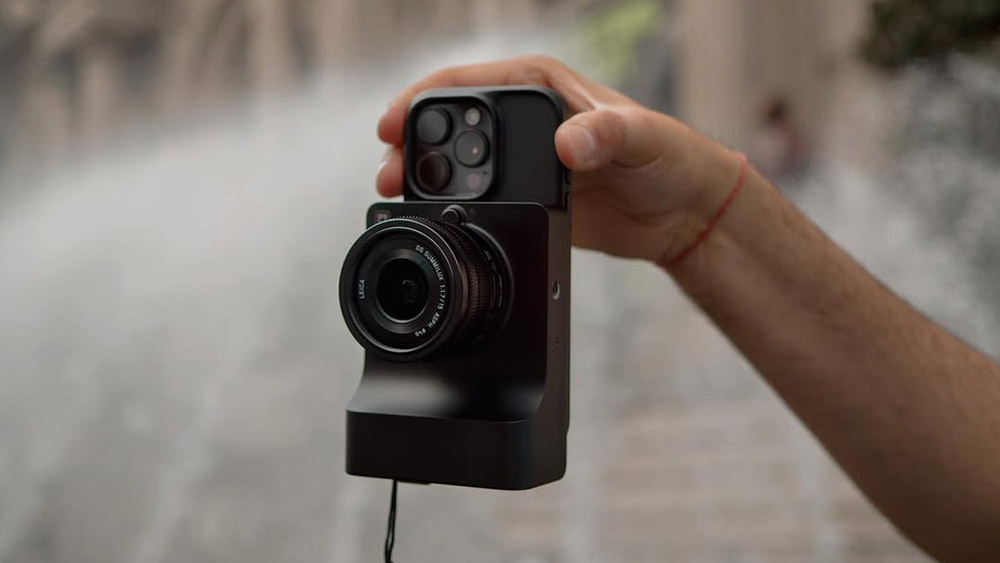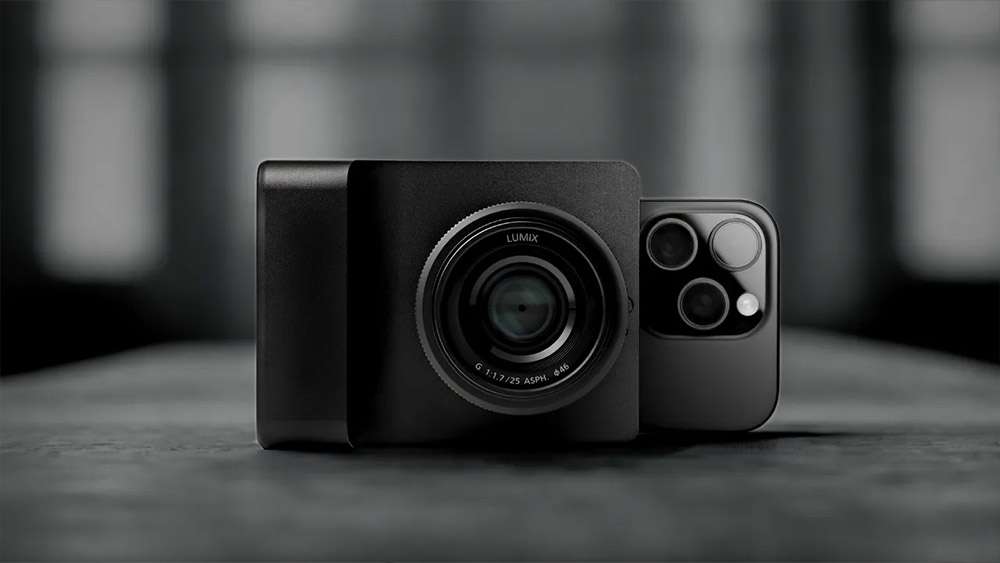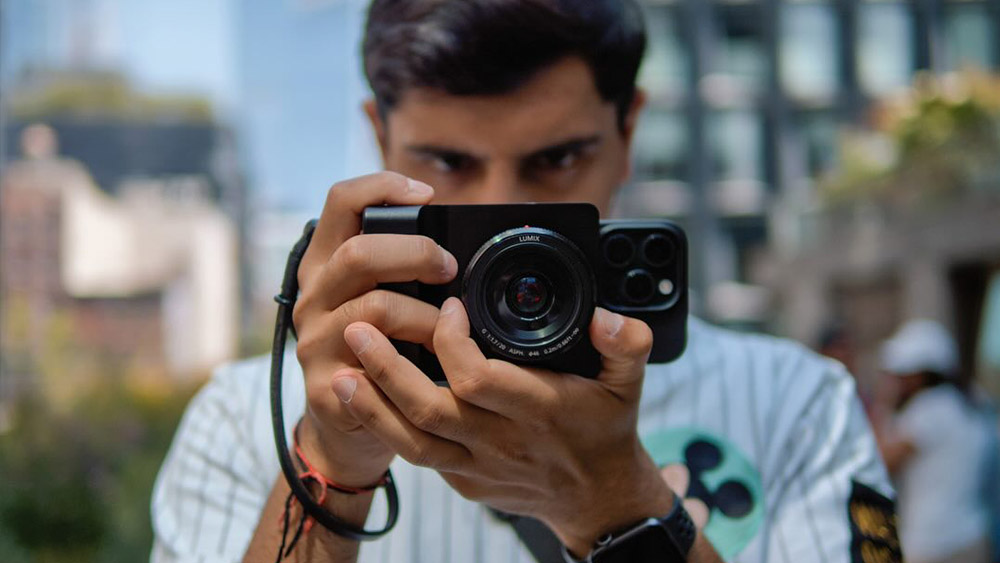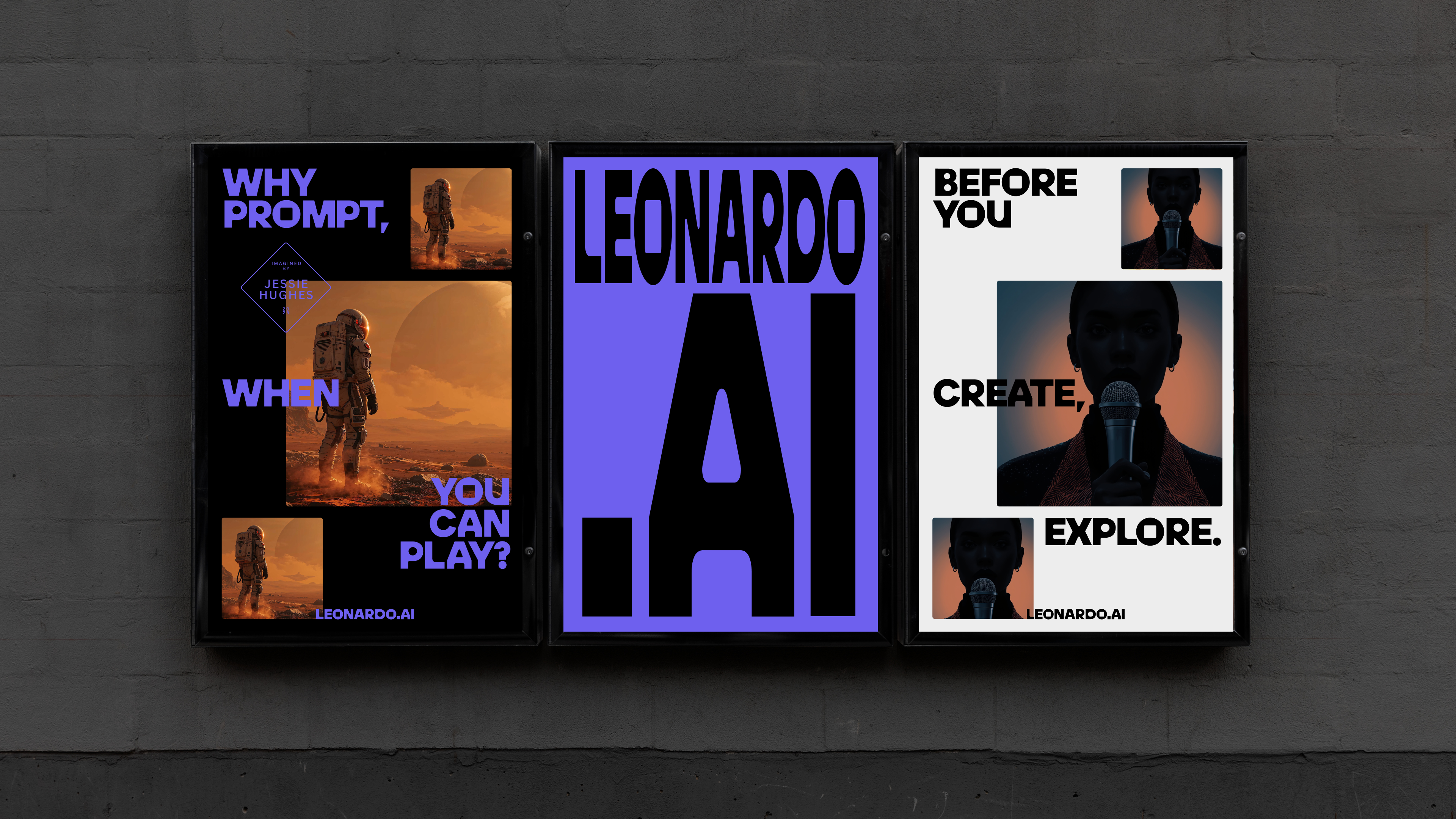
Sign up to Creative Bloq's daily newsletter, which brings you the latest news and inspiration from the worlds of art, design and technology.
You are now subscribed
Your newsletter sign-up was successful
Want to add more newsletters?

Five times a week
CreativeBloq
Sign up to Creative Bloq's daily newsletter, which brings you the latest news and inspiration from the worlds of art, design and technology.

Once a week
By Design
Sign up to Creative Bloq's daily newsletter, which brings you the latest news and inspiration from the worlds of art, design and technology.

Once a week
State of the Art
Sign up to Creative Bloq's daily newsletter, which brings you the latest news and inspiration from the worlds of art, design and technology.

Seasonal (around events)
Brand Impact Awards
Sign up to Creative Bloq's daily newsletter, which brings you the latest news and inspiration from the worlds of art, design and technology.
Amid the explosion in generative AI for digital art, we've also seen some strange concepts for AI cameras emerge in the past couple of years. There was the lensless Paragraphica and then the minimalist DreamGenerator, which would generate AI imagery supposedly based on a real scene. Perhaps the strangest idea was the Poetry Camera, which looked like a homemade Polaroid and turned images into sonnets and haiku.
It didn't surprise me that none of these caught on. But Camera Intelligence's Caira, which is billed as the the world's 'first mirrorless camera with Nano Banana', looks like it has much more potential for mass appeal. For a start, it's actually a camera.
Camera Intelligence, which was previously working under the name Photogram AI, is pitching Caira as the 'camera of the future' and a tech solution that will make everyone a content creator. It puts photography and post-processing together in a single compact device that attaches to an iPhone via MagSafe.
The Caira is a real mirrorless camera that supports interchangeable Micro Four Thirds lenses. Its sensor is 4x larger than an iPhone’s and it has a built-in large language model (LLM) to handle on-device editing, including colour grading, along with voice control of camera functions.
The device will be powered by Qualcomm Snapdragon and Google Edge TPU chips and will come with Nano Banana integrated. Google's latest AI image generator is best known for generating those viral AI 3D figurines, but it's been impressing people for its ability to preserve details from reference images when using them to prompt AI-generated composites, with fewer hallucinations on the way.
Camera Intelligence says having Nano Banana on device means users will be able to immediately prompt generative edits to their images, from colour and lighting to object transformations like turning wine in a glass into water, all directly on the device.

Considering the current controversy around OpenAI's Sora 2, launching hardware with any AI image model as a key selling point sounds risky. Camera Intelligence insists that it has an “ethics-first” development strategy and that Caira will have built-in AI guardrails to block things like changing skin tone or ethnicity or manipulating human characters in inappropriate ways.
Sign up to Creative Bloq's daily newsletter, which brings you the latest news and inspiration from the worlds of art, design and technology.
It says the system will comply with Google’s Generative AI Prohibited Use Policy and added that it's working with photographers and ethics researchers to establish best practices.


Generative image editing at the point of capture isn't for me, but I can see the potential appeal, particularly for on-the-go content creators who want to be able to turn around content on the fly and get it straight from their device to Instagram in minutes, with better image quality than what they would get from even the best camera phone.
On paper, it's a decent quality camera with the convenience of a voice-controlled smartphone app as the interface. I'd be interested to try it to see if it can really offer enough versatility and precision in editing, and if it has the computing power to do what it promises. The company says the system will even connect to third-party editing tools via APIs, which sounds promising.
My idea of an AI camera would be a traditional shooter that uses AI to make it easier to take photos, helping do things like calculate things like hyperfocal distance, not to generate fictional scenes. So, personally, what I find more interesting about Caira is the voice control.
Modern cameras have massive cluttered menus that can take days of study to get used to. If you find yourself on a job with a camera you're not familiar with, it can take a day just to find where all the settings are. I'd love to be able to talk to my R5 to tell it to switch from 50 to 100 fps or to turn off eye tracking without me having to find the setting in the menu or remember what button I assigned to the task.
The same goes for post-processing. Camera Intelligence has beaten both camera and software developers in adding a voice-controlled interface (you turn voice control on and off with small button on the accompanying iOS app). Adobe and other developers of the best photo editing software should be looking at catching up here.
Caira will be available for pre-order on Kickstarter on October 30. There will be add-ons available including a battery grip to allow longer shooting sessions. You can learn more on the company's website.

Joe is a regular freelance journalist and editor at Creative Bloq. He writes news, features and buying guides and keeps track of the best equipment and software for creatives, from video editing programs to monitors and accessories. A veteran news writer and photographer, he now works as a project manager at the London and Buenos Aires-based design, production and branding agency Hermana Creatives. There he manages a team of designers, photographers and video editors who specialise in producing visual content and design assets for the hospitality sector. He also dances Argentine tango.
You must confirm your public display name before commenting
Please logout and then login again, you will then be prompted to enter your display name.

